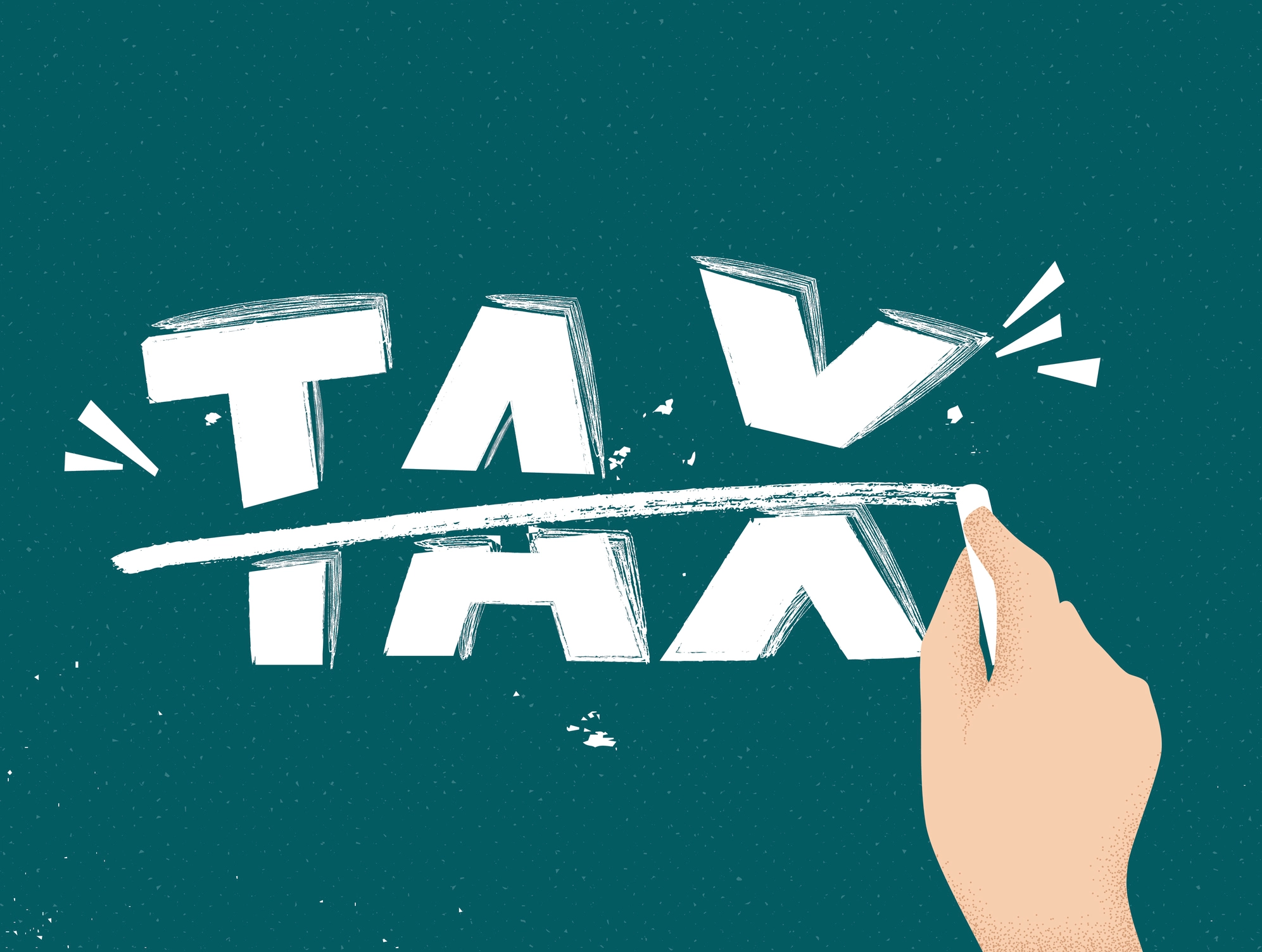A Tax Break is a policy that helps individuals reduce their tax liability. It’s also known as a tax concession or preference. These incentives are usually applied by the government to stimulate economic activity and increase the population’s solvency. It helps individuals by reducing their tax liabilities, thereby improving their overall well-being.
Tax breaks are a good way to stimulate the economy, as they can increase spending. They also promote specific causes, such as health care and education. In addition, they can help the unemployed and promote environmental and energy efficiency. However, they are regressive and favor certain state revenue sources. For example, the state of Delaware has a huge license fee program, while the state of Alaska has a high severance tax.
Tax breaks are available to individuals and corporations alike. Many of them reduce the total tax owed by a certain amount. These benefits can be in the form of exemptions or tax credits. Some of them don’t even require the taxpayer to take any action. In fact, some tax breaks are based on enhancing the value of an exemption or credit, or reducing total income tax rates.
High-income taxpayers are able to claim a higher tax break than their lower-income counterparts. The value of a tax break increases with household income, and more tax breaks are available for those who earn more than a million dollars a year. A multi-millionaire in the 37 percent tax bracket can expect to save around 37 cents per dollar.
The Hope Credit is another tax benefit for higher-educated individuals. This tax break allows taxpayers to deduct up to $4,000 in tuition and fees. It does not require the taxpayer to itemize their deductions, and they can claim the deduction as many times as they want. The only catch is that they must meet certain income levels in order to qualify for this benefit.
Another tax break for working families is the Earned Income Tax Credit. These tax credits can reduce the amount of tax owed and boost refunds. It’s important to note, however, that the rules for eligibility may vary depending on age and dependent status. Some people also qualify for special EITCs, such as clergypersons and military personnel.
State and local taxes are also considered tax deductions, which allow homeowners to lower their taxable income. Homeowners won’t be able to deduct their entire housing expenses. However, homeowners can claim mortgage interest deductions, which can reduce their taxable income. However, the IRS has many rules about home ownership tax breaks.
Many people are able to deduct home-sale profits. These are deductible up to $250k for singles and $500k for married couples. While these amounts may seem high, they are not equal to the sale price. For example, a married couple who buys a $200,000 house can deduct their profits for two years.

